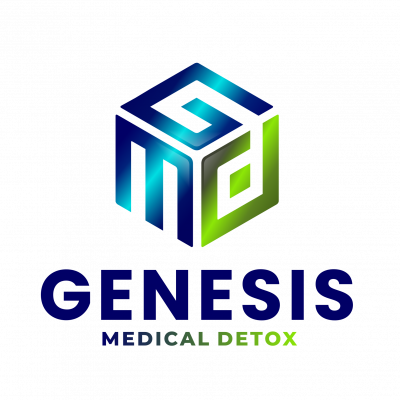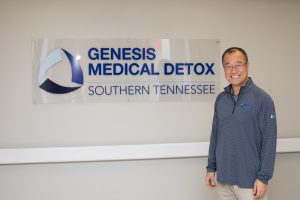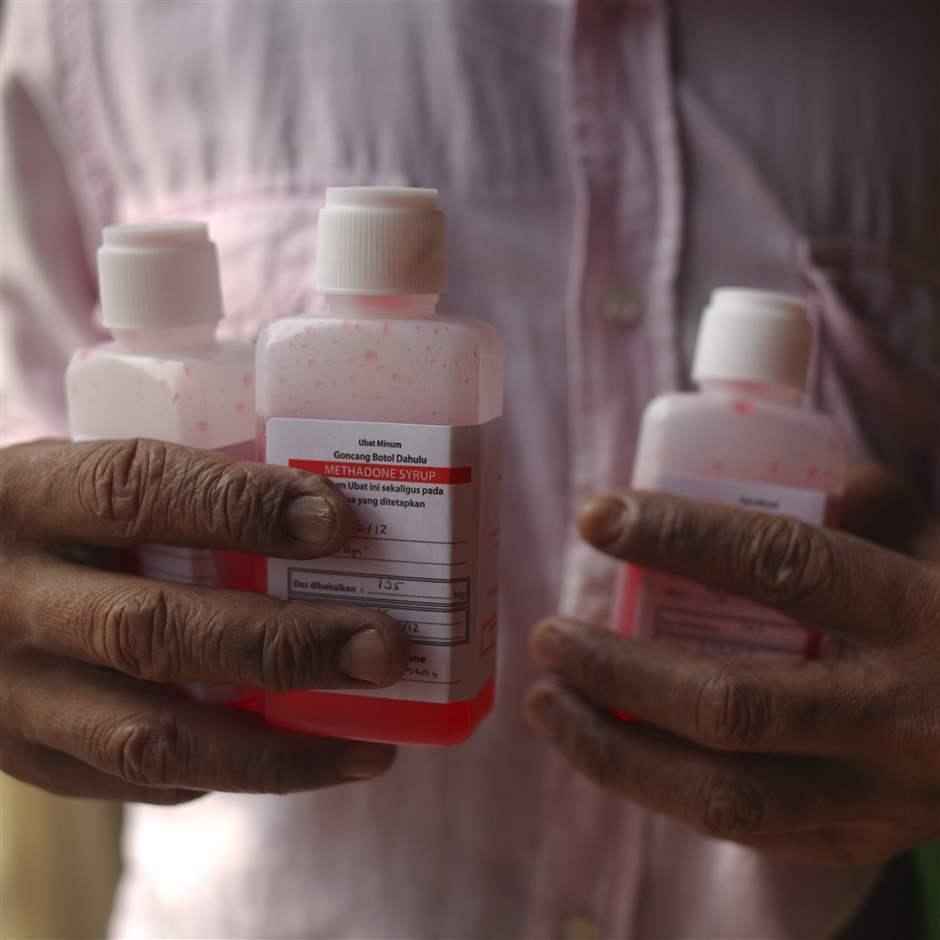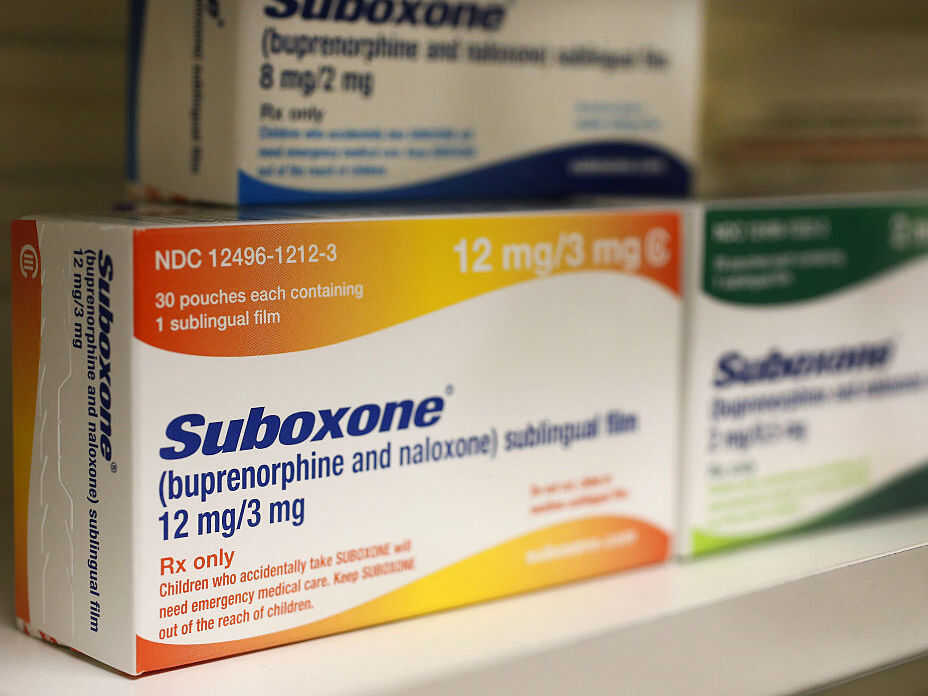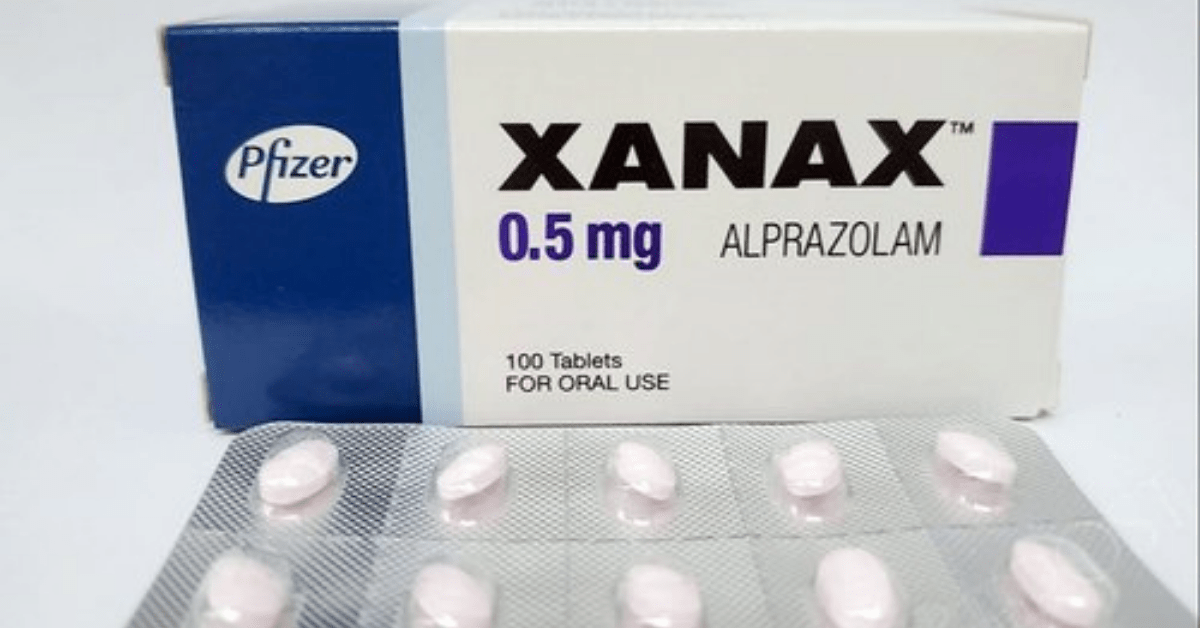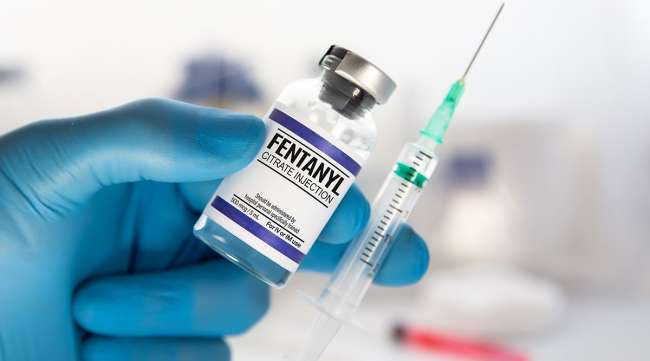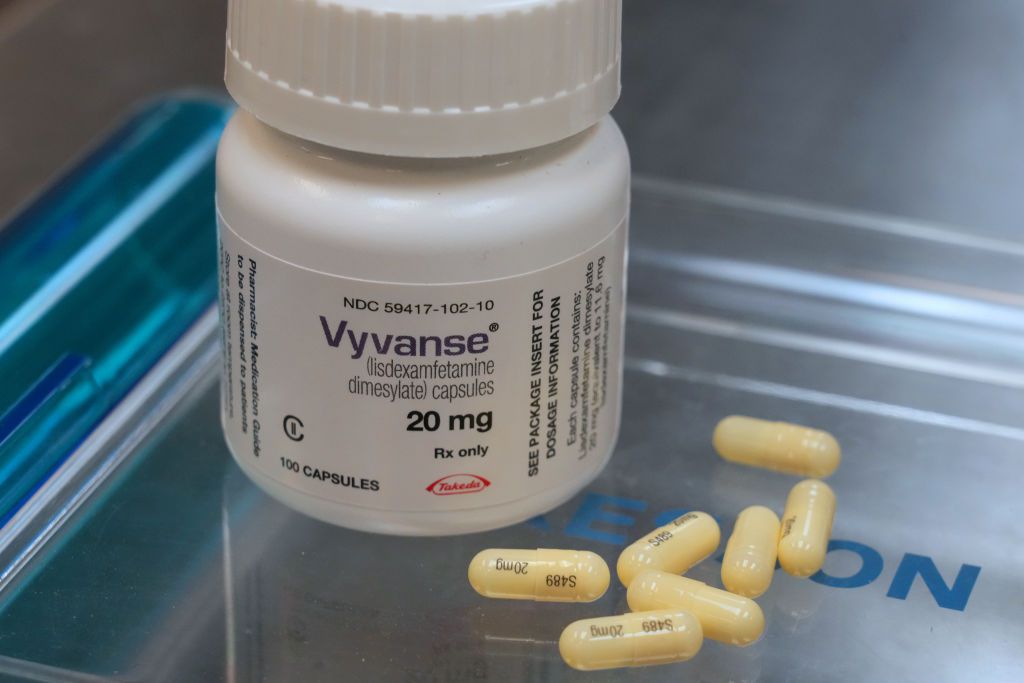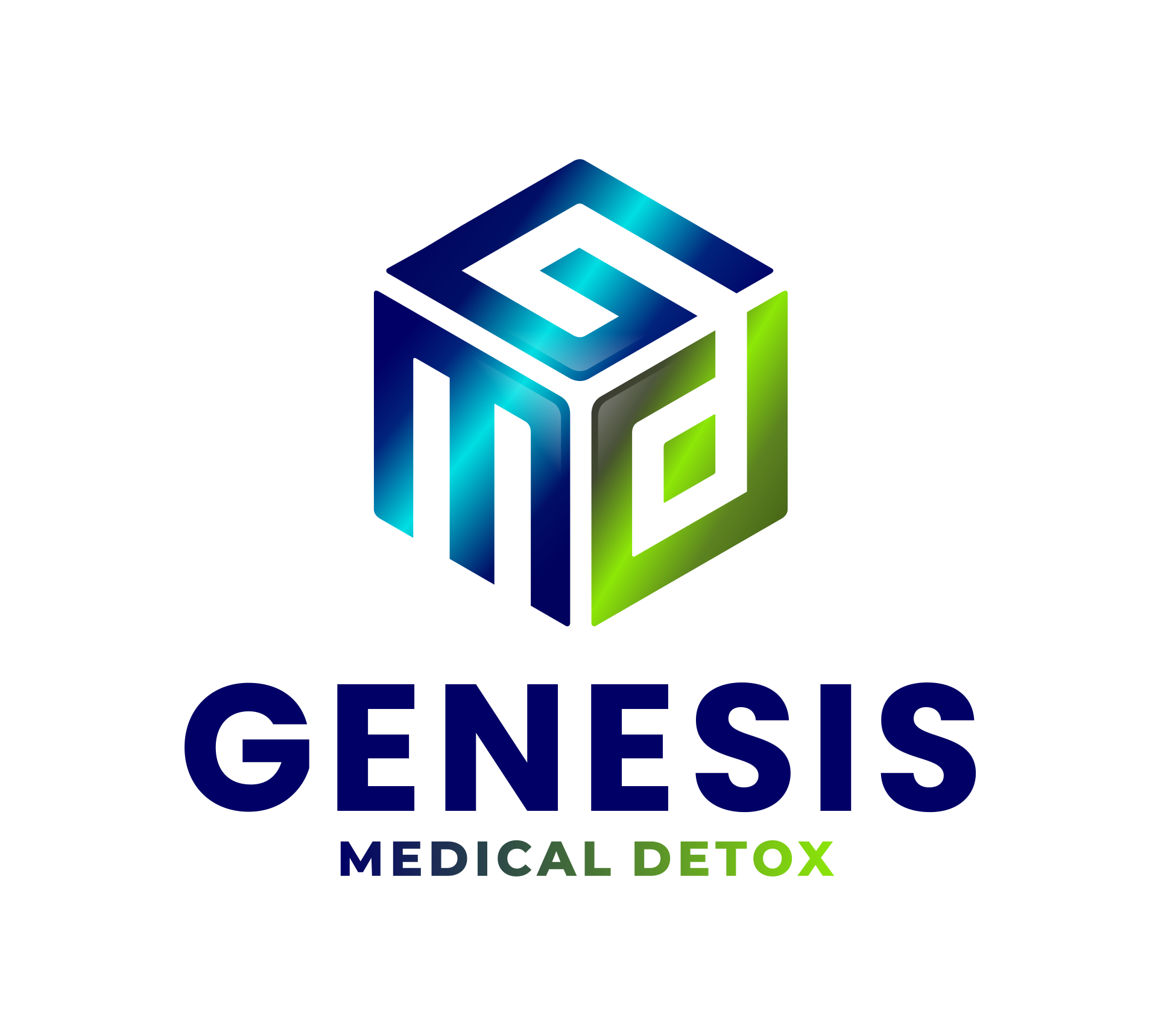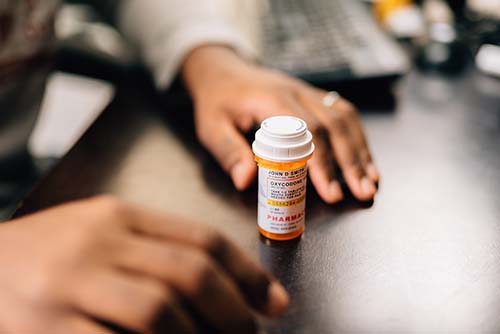
Opioid addiction is a growing epidemic that has affected millions of individuals worldwide. Opioids are a class of drugs that include prescription pain relievers such as oxycodone, morphine, and synthetic opioids like fentanyl, as well as illegal drugs like heroin. Detoxification from opioids, also known as opioid detox, is a crucial first step in the recovery process for individuals struggling with opioid addiction. This post will explore the importance of opioid detox, methods of detoxification, and the benefits of undergoing detox in a supervised medical setting.
Opioid detox is a necessary process for individuals seeking to overcome opioid addiction. Detoxification helps to rid the body of opioids, manage withdrawal symptoms, and prepare individuals for ongoing addiction treatment. There are various methods of detoxification available, ranging from at-home detox to medically supervised detox programs. Medically supervised detox is often recommended for individuals with severe addiction and those at risk of dangerous withdrawal symptoms. The benefits of opioid detox in a supervised medical setting include access to medical support, monitoring of vital signs, and the administration of medications to alleviate withdrawal symptoms.
Opioid Detox is Necessary for Overcoming Addiction
Detoxification is the first step in the recovery process for individuals struggling with opioid addiction. By undergoing detox, individuals can rid their bodies of opioids and begin the process of healing both physically and mentally. To ensure a person achieves long terms recovery they must first detox from opioids before they can advance to inpatient drug rehab and then subsequent outpatient counseling.
Common Opioids of Abuse
There is a vast array of opioids that people can easily become addicted to and need detoxed from. Prescription opioids are the most commonly used opioids, and these include Oxycontin, Percocet, Percodan, Vicodin, Demerol, Morphine and Codeine. Then there are the common illicit opioids which include heroin, opium and fentanyl. Lastly there are the opioid maintenance drugs which include Suboxone and Methadone. While these two drugs are typically used to treat opioid addiction, they are also commonly abused outside the scope of their prescription.
Methods of Detoxification
There are several methods of detoxification available for individuals seeking to overcome opioid addiction. These include at-home detox, outpatient detox programs, and medically supervised detox programs. Medically supervised detox is often recommended for individuals with severe addiction and those at risk of dangerous withdrawal symptoms.
At Home Detox
At home detox is the process of a person tapering themselves off opioids by taking less and less over a period of a week or two. This method of opioid detox is not typically recommended due to the unforeseen complications that can arise during opiate withdrawal.
Outpatient Detox
Patients receiving outpatient detoxification treatment usually are expected to travel to a hospital or other treatment facility daily (excluding weekends) for treatment sessions. The sessions may be scheduled for daytime or evening hours, depending on the program. The initial assessment, including intake history, physical examination, ordering of laboratory studies, and the initiation of detoxification treatment, usually takes 1 to 2 hours on the first day of outpatient detoxification. Subsequent sessions may range from 15 to 30 minutes. If the detoxification program is combined with a day hospital program, sessions can last several hours per day. The duration of treatment may range from 3 to 14 days.
Medically Supervised Detox or Inpatient Detox
Patients for whom outpatient detoxification is not appropriate become candidates for inpatient detoxification. In-patient settings offer the advantages of constant medical care and supervision provided by a professional staff and the easy availability of treatment for serious complications. In addition, such settings prevent patient access to opioids and offer separation from the substance-using environment.
Benefits of Supervised Medical Detox
Medically supervised detox programs offer several benefits to individuals undergoing detox from opioids. These programs provide access to medical support, monitoring of vital signs, and the administration of medications to alleviate withdrawal symptoms. In a supervised medical setting, individuals can receive the care and attention they need to safely detox from opioids.
Common Complications of Opioid Detox
There are many complications that present during opioid detox which are often treated at the same time. As the body eliminates opioids symptoms may begin presenting. The most common complications include issues with the heart, blood infections like endocarditus and sometimes abcesses from IV drug use.
In Conclusion
Opioid detox is a crucial first step in the recovery process for individuals struggling with opioid addiction. By undergoing detox, individuals can rid their bodies of opioids, manage withdrawal symptoms, and prepare for ongoing addiction treatment. Medically supervised detox programs offer several benefits, including access to medical support, monitoring of vital signs, and the administration of medications to alleviate withdrawal symptoms. It is important for individuals seeking to overcome opioid addiction to consider the benefits of opioid detox in a supervised medical setting to ensure a safe and successful recovery journey.
Detox at Genesis Medical Detox is the premier detox program with locations in Tennessee and Alabama. We are a fully medically monitored detox program with programs specialized in treating opioid addiction and withdrawal. Our team of medical professionals work 24/7 to help people addicted to opioids have smooth and painless detox experience. If you or someone you know is in need of opioid detox give us a call today and get started down the path of long-term recovery.
